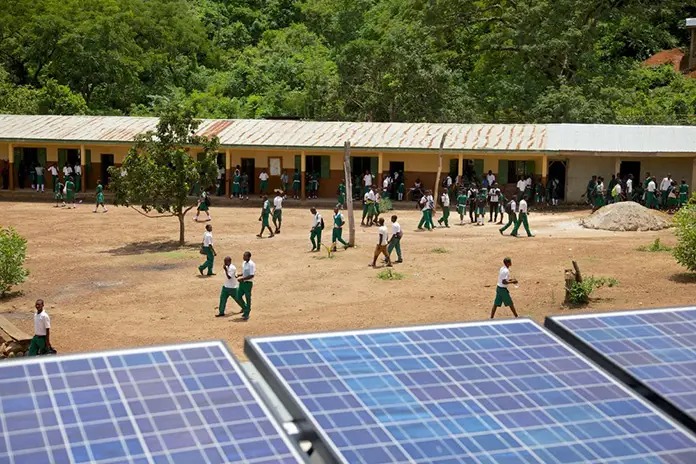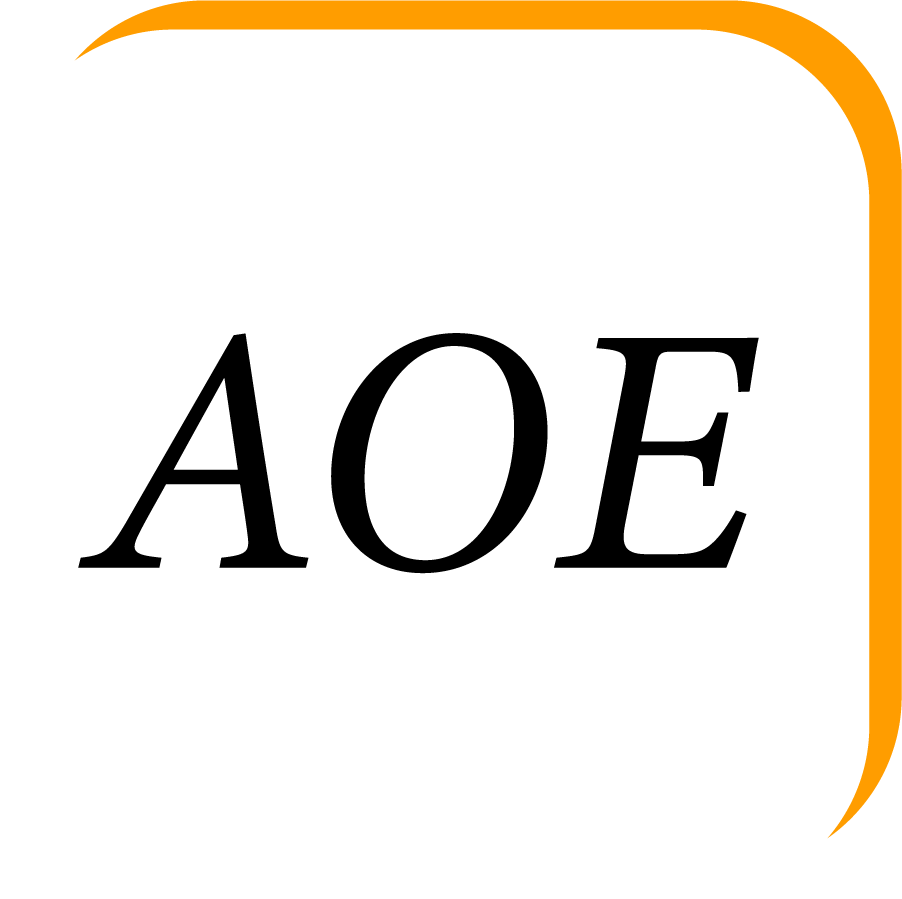Access to technology and the internet is one of the basic accesses to quality education in the fast-emerging digital age. However, in Africa, the digital divide remains a significant obstacle, particularly in remote and underserved areas.
Recent studies have shown that most African students lack key technology resources to fully prepare them to fit into the current educational environment. To effectively address this, there is a need to develop innovative strategies to ensure that technology and Internet resources are accessed equally by all students throughout the continent.

Empowering Remote Communities Through Technology
One innovative approach to bridging the digital divide in Africa’s education system involves empowering remote communities through the strategic deployment of technology infrastructure.
This is an approach acknowledging the kind of challenges students from rural and underserved areas are been taken through; it seeks to provide a sustainable solution targeting their needs.
One such solution is the implementation of solar-powered computer labs in remote schools. Most of these computer labs largely depend on the abundant energy from the sun to operate independently from an unreliable grid infrastructure in most of Africa. This way, they are guaranteed constant access to resources that are technology-based, whether the area has little access to electric power.
In addition, the collaborations of local communities with the business setups will enhance strong bases for continued maintenance and operations of these centers with a sense of ownership and sustainability.

Mobile Revolution: Transforming Education Access in Africa
Leveraging mobile technology can very much play a crucial role in extending educational opportunities to these remote areas in Africa.
Learning materials are particularly effective because they put learning resources directly into the hands of the learners. Mobile devices such as smartphones and tablets can serve as powerful learning tools, delivering educational content and resources directly to students’ fingertips.
Initiatives like mobile learning apps and digital libraries play a crucial role in addressing the digital disparity, especially in regions with restricted internet access.
These platforms ensure uninterrupted access to educational resources, enabling students to pursue learning regardless of their physical location. By bridging connectivity gaps, such initiatives empower students to engage in continuous education beyond the confines of traditional classrooms.
This results in the deduction that, the digital divide in African education has to be bridged using innovative solutions. In turn, this will ensure equal access to facilities for technology and the internet by students from wherever they may be located.
Empowering remote communities with tailored technology solutions is pivotal in bridging the digital divide. Through the implementation of community-centered strategies, like solar-powered computer laboratories and mobile technology initiatives, educational resources will be made sustainable for areas with limited infrastructure.
Collective efforts and firm commitment towards meaningful investment in technology will certainly brighten the future of the next generation in Africa.
